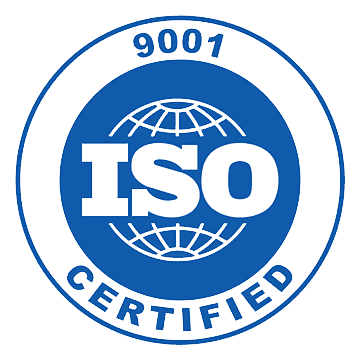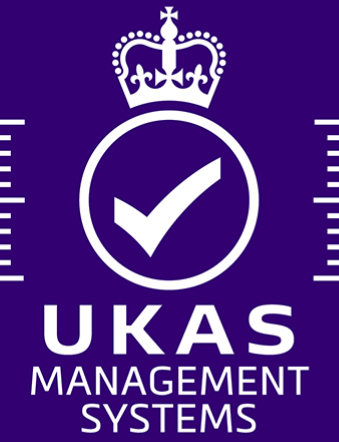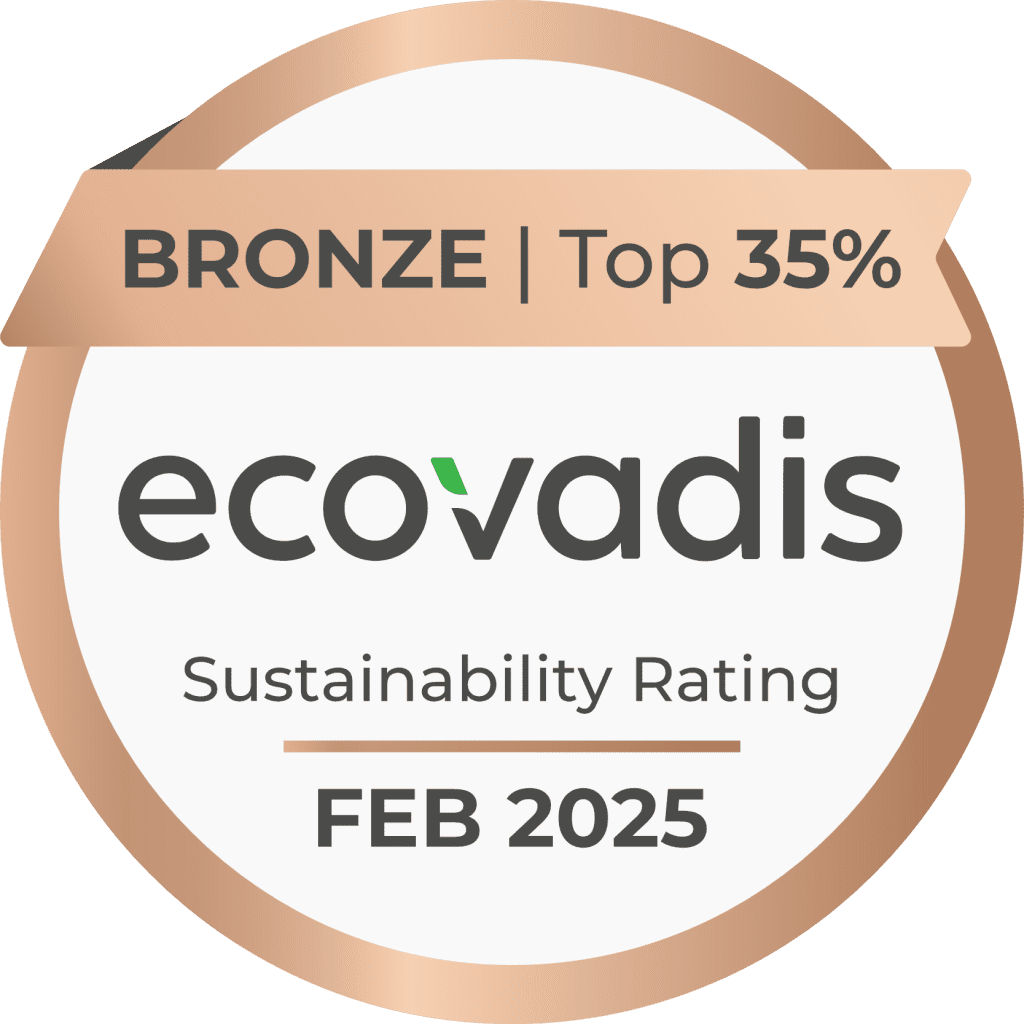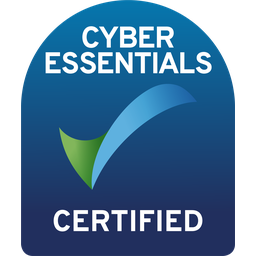1. Introduction
Purpose
Corintech Ltd is a UK based electronic manufacturer with a worldwide component supply chain that includes raw material minerals. The Company is committed to responsible procurement practices throughout its business operations. This policy aims to prevent the exploitation of local communities by avoiding the
procurement of components that contain minerals that directly or indirectly finance armed conflict or result in human rights abuses, including child labour and forced labour, or environmental degradation.
This Responsible Minerals Policy is also a guide for employees and suppliers in relation to processes and requirements designed to manage risks associated with minerals that originate from conflict-affected, and high-risk areas (CAHRA).
Scope
This policy applies to all employees, suppliers, contractors, and business partners, regardless of separate agreements and location. It covers all products manufactured, or contracted to be manufactured, by Corintech Ltd.
This policy applies to all minerals, but specifically those named by the Responsible Minerals Initiative (RMI) in their reporting templates. These are: tin, tantalum, tungsten, gold, cobalt, mica, copper, graphite (natural), lithium, nickel.
Glossary of terms
3TG: tin, tantalum, tungsten and gold
CAHRAs: Conflict-Affected and High-Risk Areas.
Section 1502 of the Dodd Frank Act names The Democratic Republic of the Congo (DRC) and its nine adjoining countries: Angola, Burundi, Central African Republic, Republic of the Congo, Rwanda, South Sudan, Tanzania, Uganda and Zambia. The list of CAHRAs used for EU Conflict Minerals Regulation 2017/821 includes the above countries, but is updated with additional countries. A current list of affected countries can be found at www.cahraslist.net
CMRT: Conflict Minerals Reporting Template managed and released by the RMI. The minerals reported in this template are 3TG.
EMRT: Extended Minerals Reporting Template managed and released by the RMI. The minerals reported in this template are cobalt, mica, copper, graphite (natural), lithium and nickel.
OECD: Organisation for Economic Co-operation and Development
RMAP: Responsible Minerals Assurance Process
RMI: Responsible Minerals Initiative




